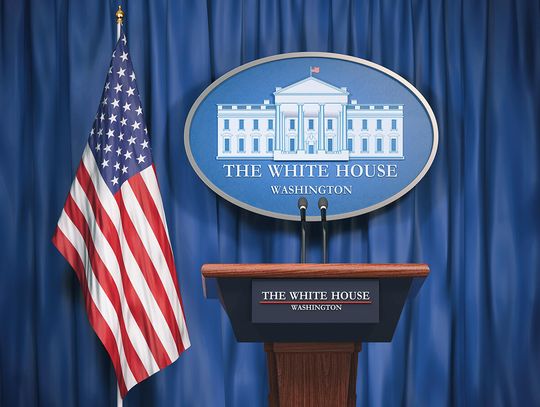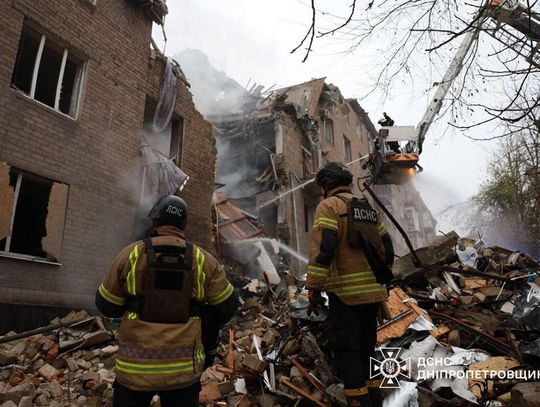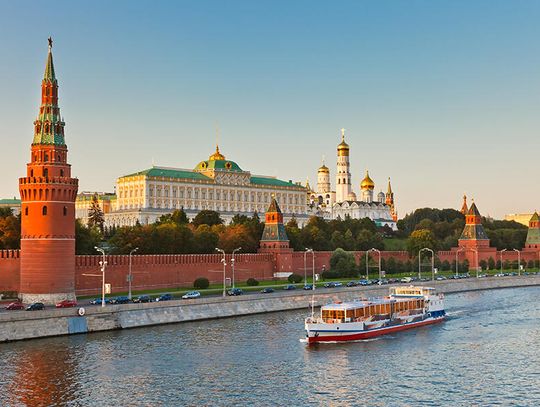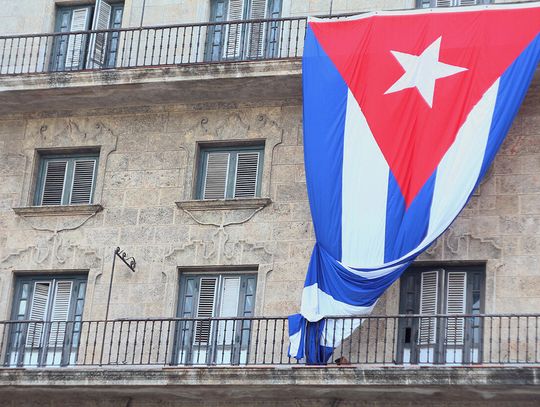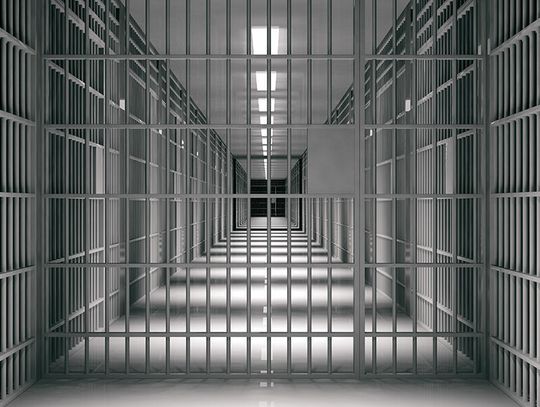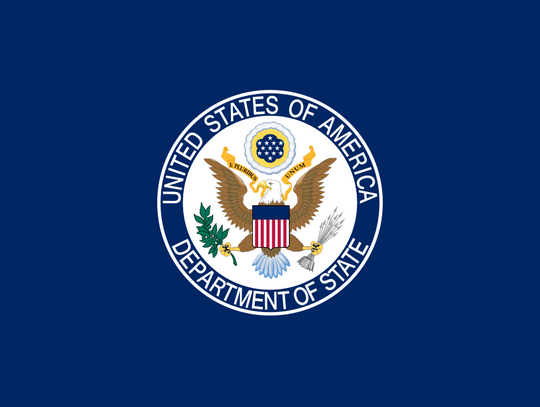With the midterm elections nearing, New American Voters represent a powerful voting bloc across the country, battleground and critical states
Washington D.C. - With only days ahead of the midterm elections, a record number of at least 1.52 million immigrants across the United States have naturalized and gained the right to vote since 2020, according to a new National Partnership for New Americans (NPNA) policy brief that outlines the latest U.S. Citizenship and Immigration Services (USCIS) data on naturalizations and citizenship application backlogs. The brief also makes several policy recommendations for the Biden administration and Congress to expand access to citizenship and the voting rights of newly naturalized citizens.
In early 2021, NPNA called for USCIS to naturalize two million new citizens by the end of 2022, and the agency has made an estimated 76% progress toward NPNA’s goal in Fiscal Year (FY) 2021 and FY22. At the same time, the Biden administration has reduced the naturalization application backlog by approximately 35% (from 1,020,351 applications in December 2020 to 672,785 applications at the end of June 2022). This data shows that the efforts by the federal government, community-based organizations (CBOs), and other partners to promote and facilitate citizenship have successfully increased naturalizations and allowed more new citizens the ability to become eligible voters in the upcoming midterm elections. It also shows that USCIS has taken proactive steps to expand access while also reducing the backlogs.
“We have made incredible strides, with 76% progress towards the goal of naturalizing two million new citizens by the end of 2022. This was possible because of common-sense USCIS policies that expand access to citizenship, significant backlog reduction, and governmental and civil society efforts to promote naturalization, including NPNA’s Naturalize 2 Million by 2022 and New American Voters campaigns,” said Nicole Melaku, NPNA executive director. “Still, citizenship remains out of reach for too many of the 9.2 million eligible immigrants, especially low-income and working-class people, because of barriers like the high application fee, limited English proficiency, and a lack of legal services. This is why we call on the Biden administration to aggressively reduce barriers to citizenship, such as lowering the application fee and expanding fee waivers.”
The efforts to increase naturalizations include the dual campaigns, Naturalize 2 Million by 2022 (#2MillionBy2022) and New American Voters (NAV), led by NPNA, its coalition members, and other leading immigrant and refugee advocacy and service organizations, unions, and cities and counties across the United States. The #2MillionBy2022 and NAV campaigns, launched in 2021 and 2022, respectively, promote naturalization for eligible lawful permanent residents (LPRs) and encourage new citizens to register and vote. These campaigns have played a critical role in reaching out to LPRs, connecting them to community-based organizations and legal services providers, and educating and supporting them to become voters and more active participants in our democracy.
"Access to citizenship goes beyond these numbers on naturalization and backlog reduction," said Diego Iñiguez-López, NPNA’s Associate Director of Policy and Campaigns. "There is still much that the Biden administration should do to facilitate naturalization and the full inclusion of immigrant communities, and respond to other challenges through a holistic approach aimed at welcoming immigrants."
Policy Brief Key Findings & Policy Recommendations
FINDINGS:
- The USCIS has naturalized an estimated 1.52 million new citizens, which represents 76% progress towards NPNA’s goal of naturalizing two million new citizens by the end of 2022 (in FY21 and FY22).
- Since the Biden administration came into office, the USCIS has decreased the backlog of naturalization applications from 1,020,351 applications to 672,785, a 35% reduction.
- The last two fiscal years show that the objectives of proactive efforts to expand access to citizenship and reduce the backlog of naturalization applications are complementary to each other.
RECOMMENDATIONS:
For the Biden administration to reduce barriers to naturalization and civic engagement, including:
- Lower the naturalization application fee and expand access to fee waivers.
- Reduce the backlog of naturalization applications.
- Partner with NPNA members and other CBOs in its Interagency Strategy to Promote Naturalization.
- Make administrative updates to increase USCIS voter registration activities for newly naturalized citizens at the completion of oath ceremonies.
For Congress to increase and allocate funding for naturalization, including:
- Increase funding for USCIS’ Citizenship and Integration Grant Program to $100 million annually.
- This grant offers to fund for CBOs and other entities that offer citizenship application assistance, English classes, and other services to LPRs who are eligible for citizenship.
- Congress increased the program’s funding from $10 million to $20 million in FY22, thanks to advocacy from NPNA, the Coalition for Humane Immigrant Rights (CHIRLA), and other NPNA members and #2MillionBy2022 and NAV campaign partners. However, in the program’s 13-year history, it has served only 3% of the estimated 9.2 million LPRs who are eligible for citizenship, including an estimated 32% of whom have an income level below 150% of the federal poverty level and an estimated three million of whom speak little to no English. This shows the need for greater federal investment in the program’s citizenship services in order to serve eligible LPRs.
- Allocate additional funding for USCIS backlog reduction, including appropriating $765 million in FY23 for this purpose, so that families and individuals do not have to wait unnecessarily for their applications to be processed and in order to increase efficiency and fairness.
The National Partnership for New Americans (NPNA) is a national multiethnic, multiracial organization that represents 60 of the largest regional immigrant and refugee rights organizations in 40 states. Its members provide large-scale services for the communities, to leverage their collective power and expertise for a national strategy. Learn more at partnershipfornewamericans.org.



